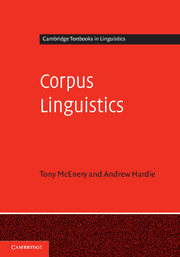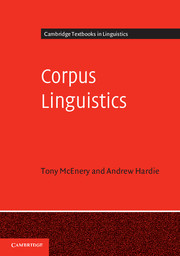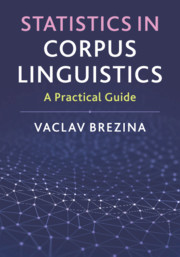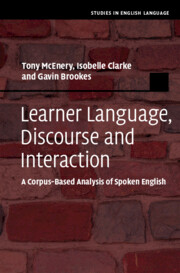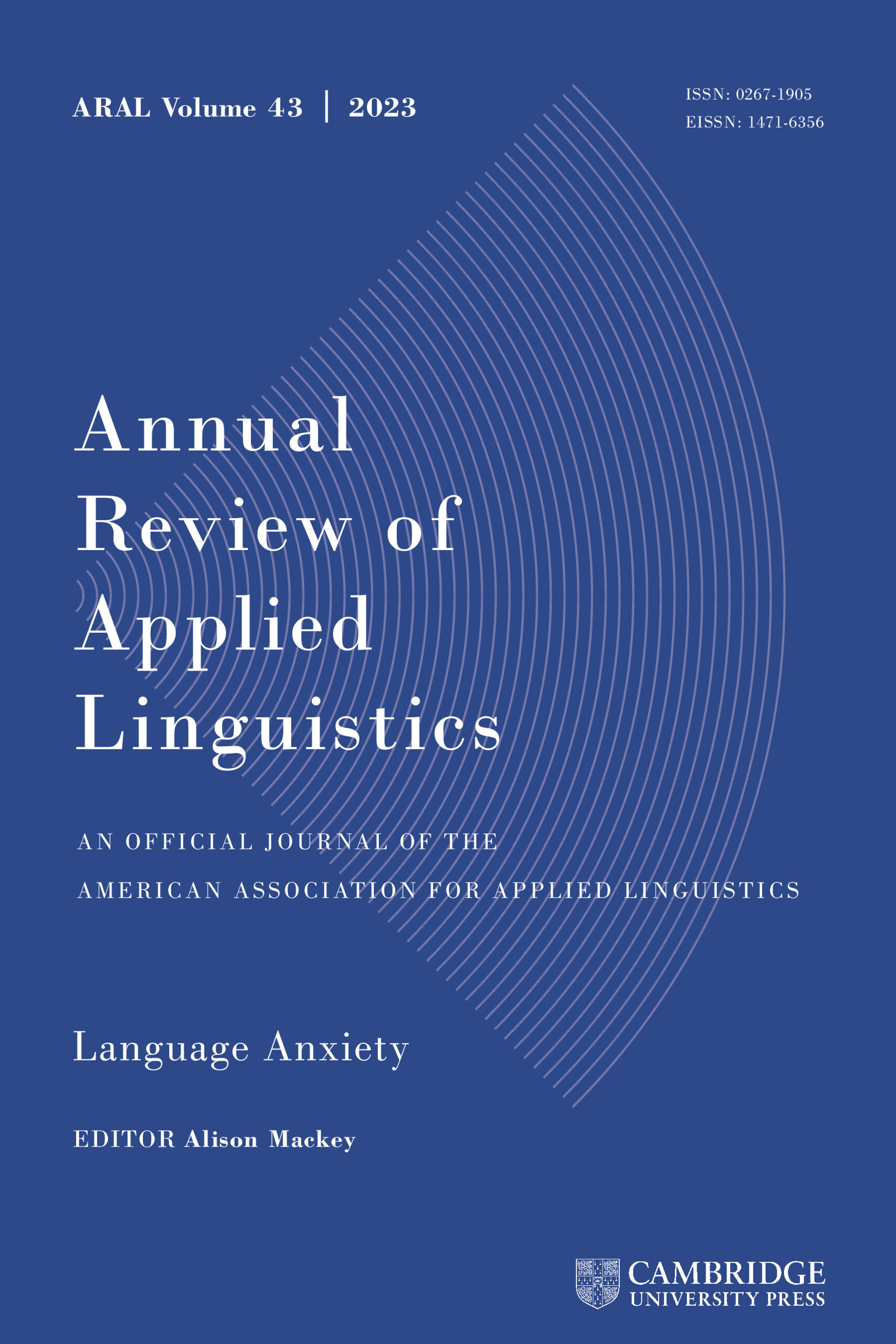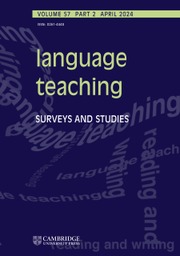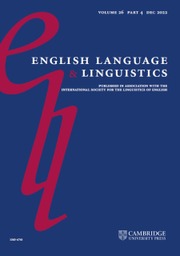Fundamental Principles of Corpus Linguistics
How might evidence of language use – writing and speech – be used as a way of studying language? Corpus linguistics is the study of linguistic data from a particular language or set of languages. It is a fast-moving approach to studying language, and there is still a degree of divergence in how research questions are approached using corpus data. This book uses a framework, based on the work of Karl Popper, to explore a number of fundamental issues in corpus linguistics. It critically evaluates how these issues are tackled, and proposes a set of best practices for future research. It spells out why using corpus data is valuable, what we can learn from using it, and how we may most effectively progress our understanding of language by using such data. It is essential reading for researchers and students of language in general, and of applied linguistics and English language in particular.
- Establishes a clear, logical, basis on which corpus studies can be conducted
- Uses one, coherent, framework - the works of Karl Popper - to make its argument for how and why to 'do' corpus linguistics
- Provides reflections on a number of debates in corpus linguistics
Product details
No date availableAdobe eBook Reader
9781009428279
0 pages
7 b/w illus. 12 tables
Table of Contents
- Preface
- Introduction
- 1. The first sketch
- 2. What is science?
- 3. How to do science?
- 4. What is social science and the digital humanities?
- 5. Everyday linguistics: form and function
- 6. Repetition and replication: laying the groundwork for an empirical study
- 7. Replication: carrying out an empirical study
- 8. Conclusion
- Appendix 1
- Appendix 2.


